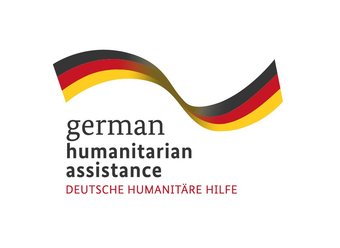Categories
Forecast-based Financing: Closing the gap between disaster preparedness and emergency relief in Southern Africa - Lesotho
Lesotho Red Cross Society (LRCS) started the implementation of FbF in early 2020 as part of the German Red Cross supported FbF Southern Africa Project (FbF-SAP). A first early action protocol (EAP) is being developed in partnership with governmental stakeholders focusing on drought risk. A second protocol for cold waves and heavy snowfall will be developed at a later stage.
Project objective
Through FbF, LRCS wants to contribute to a wider paradigm shift away from responsiveness towards anticipation in the national disaster risk management system.
Key facts
Start/end date
2020-2022
Hazards covered
Droughts | Cold waves and heavy snowfall
Anticipatory Action Protocols/Plans in place
In process
Key actors/implementing partners
The Lesotho Red Cross Society (LRCS) is developing a drought EAP with the support of the German Red Cross (GRC), the Red Cross Red Crescent Climate Centre (RCCC) and the 510 Initiative of the Netherlands Red Cross. LRCS also works closely with Lesotho’s National Disaster Management Authority DMA, the National Institute for Meteorology (LMS), as well as UN agencies and the Humanitarian Coordination Team (HCT).
Photo by Anna Lena Huhn/ GRC
Project impressions
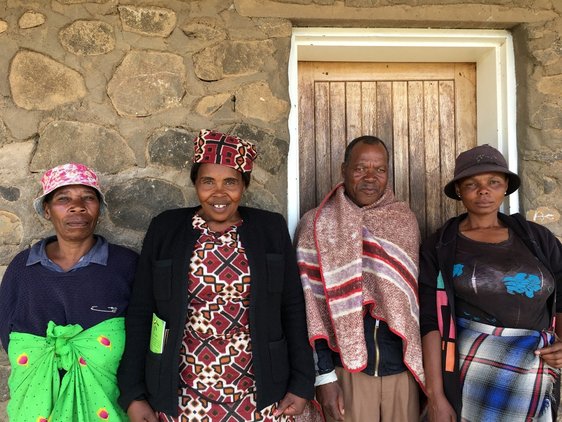
When heavy snowfall occurs in Lesotho’s highlands, remote communities are easily cut off from humanitarian access and basic services – Together with the FbF Team of the Lesotho Red Cross Society, subsistence farmers develop feasible early actions that reduce the impact of snowstorms on their livelihoods. © Anna Lena Huhn, GRC
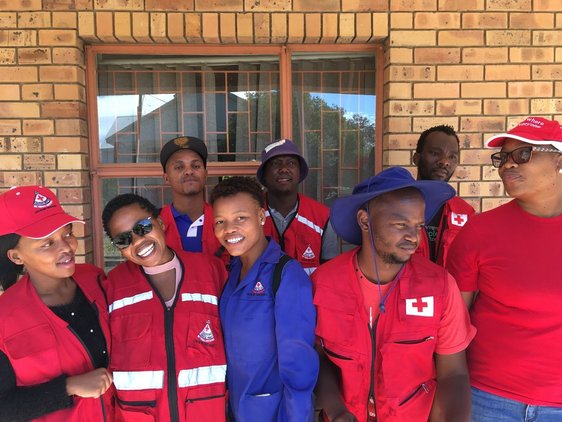
The backbone of a trusted Red Cross National Society and key early action stalkeholders: Lesotho Red Cross Society builds on its strong and young base of volunteers, © Anna Lena Huhn, GRC
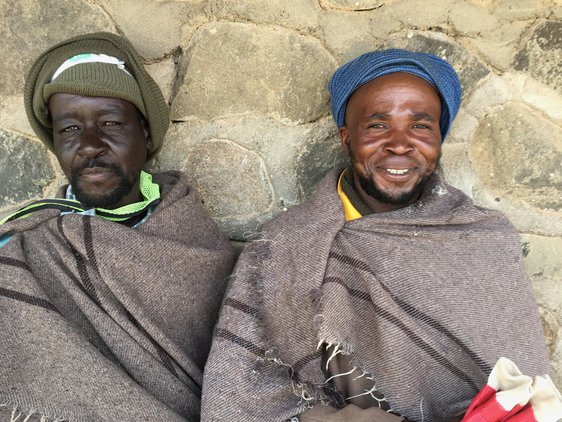
© Anna Lena Huhn, GRC
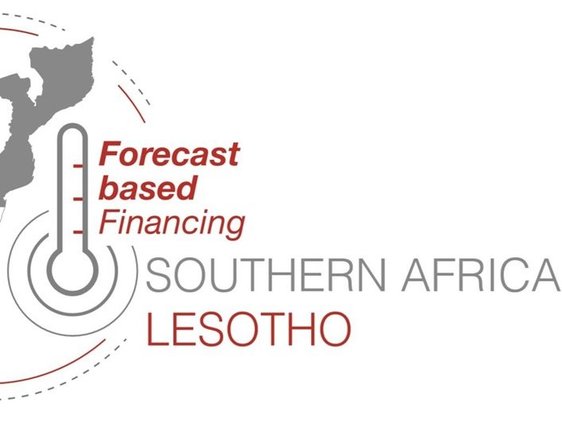

When heavy snowfall occurs in Lesotho’s highlands, remote communities are easily cut off from humanitarian access and basic services – Together with the FbF Team of the Lesotho Red Cross Society, subsistence farmers develop feasible early actions that reduce the impact of snowstorms on their livelihoods. © Anna Lena Huhn, GRC
The backbone of a trusted Red Cross National Society and key early action stalkeholders: Lesotho Red Cross Society builds on its strong and young base of volunteers, © Anna Lena Huhn, GRC
© Anna Lena Huhn, GRC
Anticipation in practice: Project description
LRCS is now working on an EAP on drought risk, for which new partnerships and a national technical working group for drought FbF have been built. At a later stage of project implementation, LRCS will onboard the development of an EAP for cold waves and heavy snowfall, to anticipate the heavy snowfall occurring in the highlands during Lesotho‘s winter, impacting primarily on shepherds and farmers and leading to difficult humanitarian access to remote highland communities. The FbF project in Lesotho carries a strong cash readiness and shock-responsive social protection component, as well as capacity strengthening for wider preparedness for effective response. As the initiative is still in its early stages, no early actions have been defined.
Outcomes and lessons learnt
Although FbF development in Lethoso has just begun, the process has already shown potential to bring communities of practice together and build new partnerships, such as between LRCS and the national hydro-meteorological services LMS.
The EAP development process is supporting wider data preparedness within the National Society as well as address capacity needs for wider preparedness for effective response.
As part of a regional project on FbF, LRCS is sharing the process of EAP development with National Societies in Mozambique and Namibia, building on strong and frequent exchange and peer-to-peer learning between the three countries.
We need to adapt and be more flexible, quicker and earlier to reduce the humanitarian impact of these disasters,” says FbF Project Manager Sebongile Hlubi of Lesotho Red Cross Society. “The FbF model helps us Red Cross National Societies to build capacities and respond more effectively facing the prospect of floods, cyclones, tropical storms and cold and heatwaves in the region. In Lesotho we will use FbF to anticipate and mitigate the effects of drought and are hoping to eventually use this model to help those communities cut off by snow in the mountains to prepare for what many know is inevitable, but few have the means to prepare for.
Further Information
- Early Action Protocol Summary: Lesotho - Drought
- Investigating the links between cash-based shock-responsive social protection and anticipatory actions for drought in Lesotho: A study undertaken as part of the scoping research for drought Forecast-based Financing
- Forecast-based financing in southern Africa – the future of Disaster Risk Reduction for the humanitarian sector (Article)
Contact
Sebongile Hlubi
FbF Project Manager, LRCS
Damodar Kanel
Regional FbF Delegate, Southern Africa
damodar.kanel@germanredcross.de
Partner

Lesotho Red Cross Society
Learn more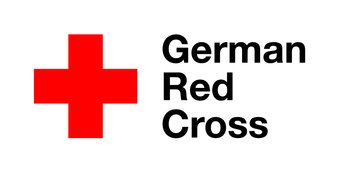
German Red Cross
Learn moreSupported by
